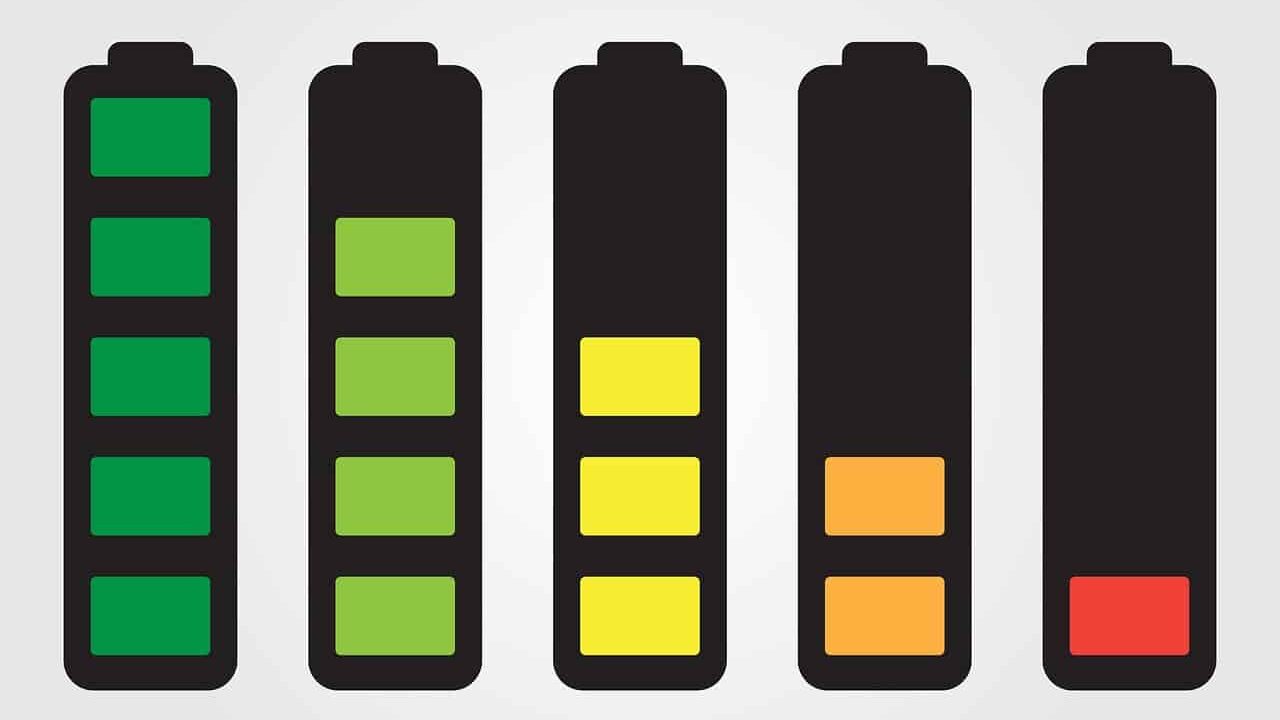New research by the universities of Exeter and Cambridge from the UK and Nijmegen in the Netherlands has determined that electric cars lead to lower carbon emissions even if electricity generation still relies on fossil fuels.
Reported to be cleaner than gas-powered cars, the customers are concerned about the range and lifespan of EV batteries.
Lifespan of EV batteries
Electric vehicle batteries can last for hundreds of thousands of miles and are continuously improving.
EV batteries are warranted to last for eight years. However, new batteries are lasting longer, which in some cases, are close to reaching 500,000 miles.
It is not only calendar years that push EV batteries to age. Factors such as the state of battery charge and extreme temperature exposures impact how battery life degrades over time. Though newer EV batteries, created to avoid overcharging, over-discharging, and overheating, they can incorporate some ways that may maximize battery life.
Ev-a2z listed some tips on how to maintain and extend EV’s battery life:
● Minimize exposure to extremely high temperatures when it is parked. Avoid exposing your EV to extreme heat while parked unplugged. EVs with an automated temperature control system drain the batteries to keep the temperature low for optimal efficiency.
While performance only works on the road when EV uses its battery, parking your electric vehicle in the shade or plug-in allows its thermal management system to function using only grid power.
● Avoid using fast charging. Though fast charging is considered convenient, it presses too much current into the EV batteries, which strains and weakens them quickly. Standard charging gives 10% more battery life than fast charging.
● Maintain optimal battery charge. Electric vehicles parked or stored with an empty or full battery also impact and degrade the battery. Maintaining optimal control is essential. When an EV is dormant, keep the battery level between 25 and 75%.
● Avoid frequent charging. Charging the battery frequently degrades its condition and performance quickly, and avoid overcharging it. Charge it up to 80% if possible, as the total charge is not great for lithium-ion batteries. After using your EV, give it some time to cool down before charging it.
● Use the original charger. It is advisable to use the original charger provided by the EV manufacturer. Although third-party chargers are cheaper and readily available, they might increase the risk of malfunction. Use the correct charger for your EV and avoid fast charging too frequently, as it can generate more heat and stress the battery.
● Avoid knocking or dropping EV’s battery. It might damage its internal components and thermal management systems, so it is crucial to be careful.
See Also:
- What’s the lifespan of an electric car battery?
- Why do battery packs need a cooling system?
- How many miles or recharges does the battery last?
- How far will my EV drive on a charge?
- What is the source of electricity for Electric Vehicles?
These tips help maximize your EV battery’s potential. However, it is still due and depends on its user’s handling of their EVs. Also, by following these tips, you can help to extend the life of your EV’s battery and get the most out of your vehicle over time.

